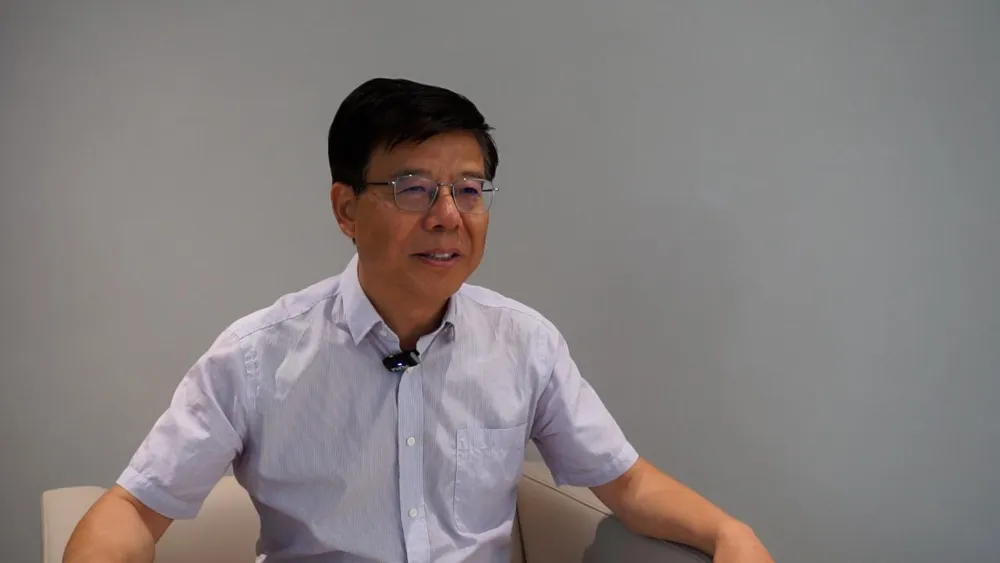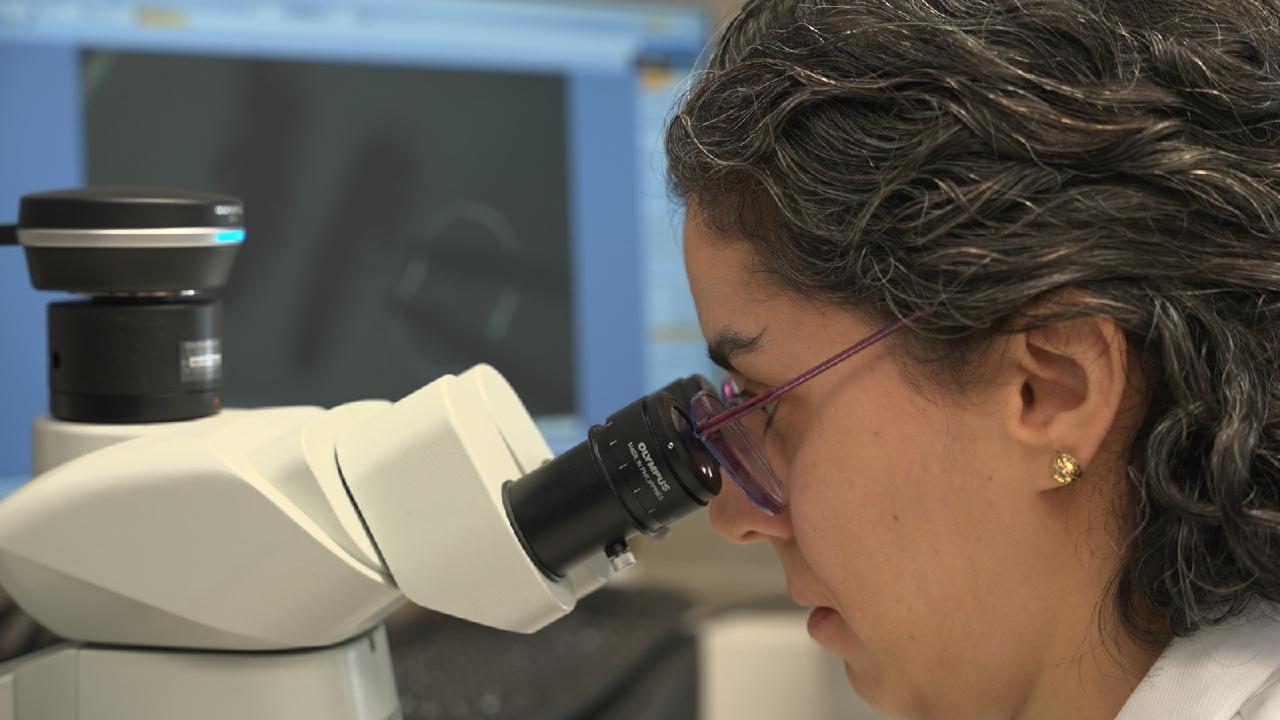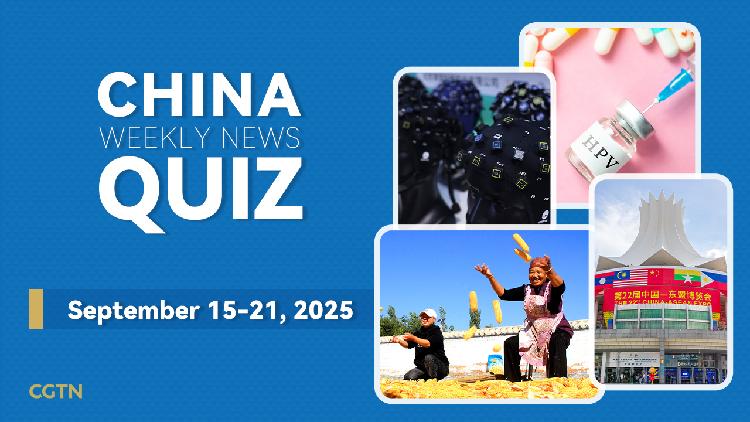U S Technological Advantage Weakens Opening Doors for China

The 2025 International Congress of Basic Science (ICBS) in Beijing has attracted a prominent assembly of Nobel laureates, Fields medalists, Turing Award recipients, and leading scholars, all coming together to delve into the frontiers of basic science. This event marks a significant opportunity for discussions about the evolving landscape of science and technology on a global scale.
In an exclusive interview with CGTN Digital, Wu Rongling, the deputy head of the Beijing Institute of Mathematical Sciences and Applications (BIMSA), shared his insights on the intersection of mathematics and artificial intelligence (AI). Wu’s perspective paints an ambitious picture of how China is positioning itself in the realm of technological innovation amid a shifting geopolitical narrative.
Highlighting the criticality of mathematics in the AI race, Wu noted that mastering this discipline has transcended mere academic significance in China. He underscored that only by solidifying their command over mathematics can Chinese researchers effectively construct their own AI frameworks, asserting that applied mathematics is irreplaceable in this field.
Wu expressed concern over the recent setbacks in U.S. basic research, attributing these issues to political leadership changes. He specifically pointed to the funding reductions for essential institutions like the National Science Foundation during the Trump administration as a factor that has inadvertently created a space for China to advance.
By emphasizing the importance of mathematical foundations, Wu believes that China can capitalize on the U.S.'s wavering commitment to basic research. He argued that through prioritizing mathematics, China can strategically fill the gaps left by inconsistent research funding and policies in the United States.
Wu's work primarily focuses on the productive relationship between mathematics and AI. He stated that AI technologies can effectively address complex issues when supported by strong mathematical research. Wu’s ongoing projects aim to evolve AI methodologies beyond current simplistic algorithms, integrating advanced mathematical approaches.
He elaborated on the necessity of advanced mathematical theories, referencing the pioneering work of Fields medalist Shing-Tung Yau. Wu's team is developing methods that diminish computational burdens, thus allowing AI to tackle complex problems like molecular modeling and disease prediction more effectively than ever before.
For Wu, the future of scientific discovery hinges on comprehensive education. He is a strong advocate for teaching children the foundational elements of AI, particularly emphasizing mathematical principles. He cautioned that a lack of understanding could make young learners overly dependent on AI without the critical judgment necessary to thrive in the field.
Wu argues that it is crucial for upcoming researchers to grasp the reasoning behind algorithms in addition to basic operational knowledge. This combination of technical skill and theoretical insight will empower a new generation to become innovators rather than mere users of technology.
Read These Next

Haiti Faces Health Emergency as Gang Violence Intensifies
Gang violence in Haiti worsens health emergency, impacting healthcare access and raising safety concerns for medical assistance.

Europe and China to Gain from US Scientist Migration
U.S. scientists may relocate to Europe and China due to budget cuts and regulations, boosting research in those regions.

China Weekly News Quiz September 15 to 21 2025
Test your knowledge of recent China events with our weekly quiz, featuring important stories from the past week.
